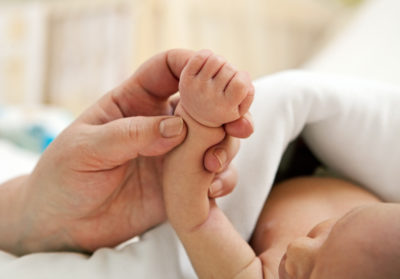Speak to one of our specialist birth injury solicitors and find out if you may be entitled to compensation.
CALL 0800 083 5500

Lack of oxygen at birth, medically referred to as birth asphyxia or perinatal hypoxia, occurs when a newborn’s brain and other organs do not receive sufficient oxygen during the birthing process.
There are a number of potential causes, long-term effects and treatment options. In some cases, lack of oxygen at birth can constitute medical negligence on the part of the personnel responsible for both the mother’s and the baby’s care.
Several factors can contribute to oxygen deprivation during childbirth. Some of these include:
The consequences of oxygen deprivation at birth can range from mild to severe, depending on the duration and severity of the deprivation. Some potential long-term effects include:
The treatment of oxygen deprivation at birth requires prompt and specialised medical attention. The primary goal is to restore adequate oxygen levels to prevent or minimise potential long-term effects.
Treatment options may include:
Blackwater Law successfully represented the family of baby Blake in making a midwife negligence claim after the community midwife failed to notice a severe medical abnormality.
In some cases, oxygen deprivation at birth may result from medical negligence. Medical professionals have a duty of care to provide a reasonable standard of treatment. Negligence may occur if healthcare providers fail to recognise and appropriately respond to complications during childbirth.
If medical negligence can be proven, affected families may be entitled to seek redress via no-win, no-fee birth injury compensation claims to cover medical expenses, ongoing care, and other associated costs.
